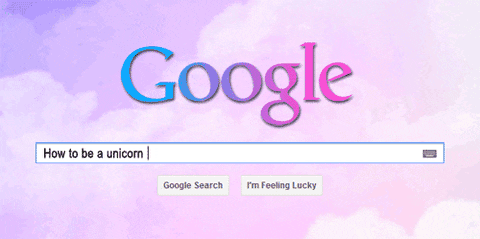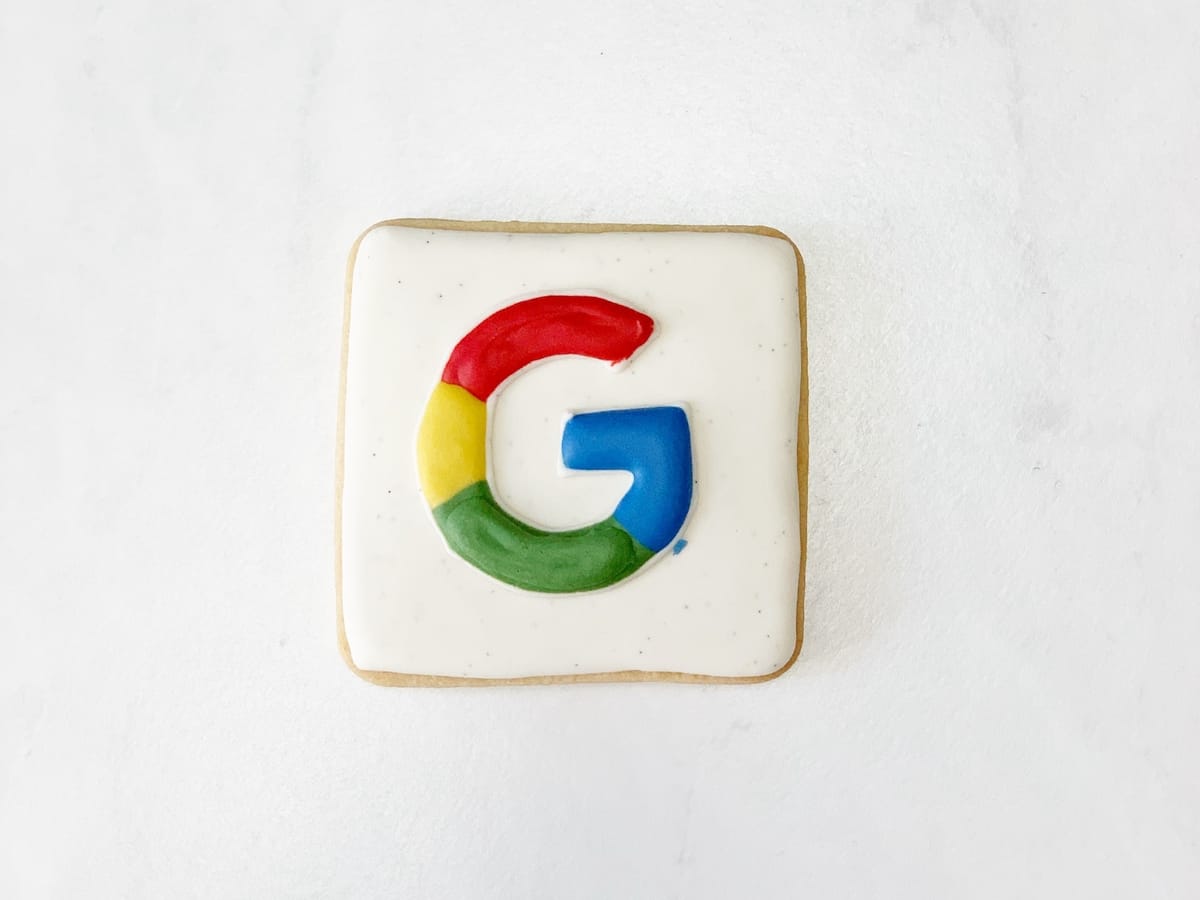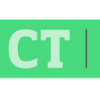This essay originally was published on September 14, 2023, with the email subject line "CT No. 184: Good content v. the inconsistent algorithm."
Like all complex processes, government regulation of software is painfully slow. Yet after spending 25 years being completely cool with the technology company's dominance of the global search and digital advertising market, the US Department of Justice opened its antitrust case against Google this week.
Admittedly, I have a horse in this race. I’ve been working professionally with Google’s software for a decade. Even though I've never accepted a dollar from the company directly, or said more than four words to an official Google representative, my knowledge of their organic search algorithms and analytics tools has anchored the second phase of my career. Moreover, this newsletter and the community that surround it exist because of Google's ubiquitous presence in the content professions.
That said, I fully believe that Google is a competition-crushing monopoly. The company deserves every bit of scrutiny Congress and the press levy at them, particularly around their dominance of programmatic display advertising. But I also have to admit that for the past decade Google has displayed an unparalleled consistency in their vision of what “good” looks like as far as web content goes.
Google's ideals for content have been the same for a decade
Unlike social platforms that flip-flop between promoting branded content, clickbait news, user-generated posts, viral videos reduced to reels, and stories upon stories upon stories in their pursuit of “user engagement,” Google’s search engine has been remarkably consistent in its content ranking system.
That system and the ideas behind it were communicated far less transparently when I started working in search a decade ago, but they’ve always been there: Create content that sounds expert, structure a website well, connect related topics together, and make the website technically easy to use. When you optimize a website with Google’s system in mind, you’ll create what most would consider a Good Website. No other big tech company has put forth a vision for good content that’s as comprehensive and consistent as Google. (The monopoly dollars, of course, make the consistency of vision possible.)
Whether brands and publishers create content according to Google’s suggestions is another narrative entirely. The idea that algorithms can and must be gamed to be successful persists in nearly all industries. As a result, websites that feature seemingly infinite single landing pages stacked with “SEO content,” instead of a well-organized, logically connected, and clearly sourced information, are the norm.
Based on conversations I've had with former J-school graduates and MBAs, the “SEO best practices” taught in university marketing and journalism classes focus on outdated tactics and altogether skip conversations about how to produce outcomes other than "traffic" — aka, what you actually need to know to succeed in in the results-oriented 21st century.
The challenge to mass media advertising juggernauts: "what works" isn't what you think
When the results are only measurable using Google’s own analytics tools, it’s easy to throw up an eye-roll and say that they’ve rigged the system. Because they have! Google owns both the supply and demand side of web display advertising with its Ads and Publisher products. It owns the two largest search engines in the world: its original flagship search engine AND YouTube, both of which generate separate massive amounts of ad revenue.
But Google has also created far higher standards for ranking and recommending websites than other search engines. Say what you want about its treatment of user privacy, but it's far more respectful towards individual data privacy than many small ad tech tools out there. Like it or not, their analytics software directly challenges the dominance of mass media’s advertiser-focused decision-making.
In my experience, when you compare what publishers think people want (aspirational fluff content, or content that reflects academic ideals) with evidence that shows what people actually choose (realistic, in-depth content that’s fun to consume), evidence shows that higher quality, comprehensive information attracts readers long-term. I can’t give you specifics besides my knowledge of optimization strategies and client results, but generally good content — high-quality, useful information — is discoverable, as long as basic optimization guidelines are followed.
Google doesn’t “democratize” access to information — no privately owned software is capable of democratizing anything. But it does give independent websites and publishers a fighting shot at successfully distributing content that audiences, not advertisers, consider to be good. The monetization model is on you, publisher, but it can be done. It also enables companies to represent themselves publicly and reach audiences directly, with far more depth than a brochure.
And in the cases when searchers can’t find good content about a specific subject — as Charlie Warzel described in an Atlantic piece that claimed Google is bad now without providing any data besides vibes — it’s often because that good content hasn’t yet been published online, or at all. Common logic seems to dictate that the presence of large amounts of content must mean that all the good work has already been published. But the fact is that most digital content is created using the extractive farm model, rather than a model with sustainability for both creators and advertisers in mind.
I’ve said it before, and I will die on this soapbox: If you want to publish high-quality, discoverable content online and commit to building an organized website that users spend time with, there are still plenty of opportunities to show up as an expert. (Just don’t sell advertising through Google as your monetization strategy.) You just have to commit to publishing a good website — and despite the lawsuit and the monopoly its aiming to redress, Google’s current guidelines are a solid place to start.
What does good content look like in 2023?
And what does great, successful content look like? Well, it hasn’t changed much from what we published three years ago, with a couple of expertise bullet-points at the end. Good web content is:
- Is readable and crawl-able by search engines
- Is structured according to user behavior and topic matter (i.e., not buried in a blog somewhere)
- Contains words and phrases that are characteristic of the entity or topic you want to be discovered for
- Also contains original words, phrases, and syntax not seen in other similar search results for the query
- Presents the topic so that your target audiences can understand, with web-friendly writing
- Is factual and originally sourced, with citations
- Uses original photos, illustration, design, audio, and videos to enhance and complement content
- Is accessible for different types of learners — ideally so readers, visual thinkers, and video fans can understand the resource at hand
- Is accompanied by authorship information and clear editorial policies
- Is supported by data and not created programmatically or with artificial intelligence
- Has a strong and unique point of view and well-argued perspective that can appeal to both experts and new users
- Is surprising and unexpected without alienating its audience
- Doesn’t bury the lede
- Is connected to other website content through both on-page and menu navigational patterns
I’m not rooting for Google, but I’m not rooting against them either. Instead, I’m rooting for the indie publishers and shop owners and people who are thinking about what they publish online as a new opportunity to reach the diverse array of people who seek out content they enjoy, rather than an opportunity to capitalize on traffic. Use it for my epitaph: I am 100% rooting against traffic.
Hand-picked related content








